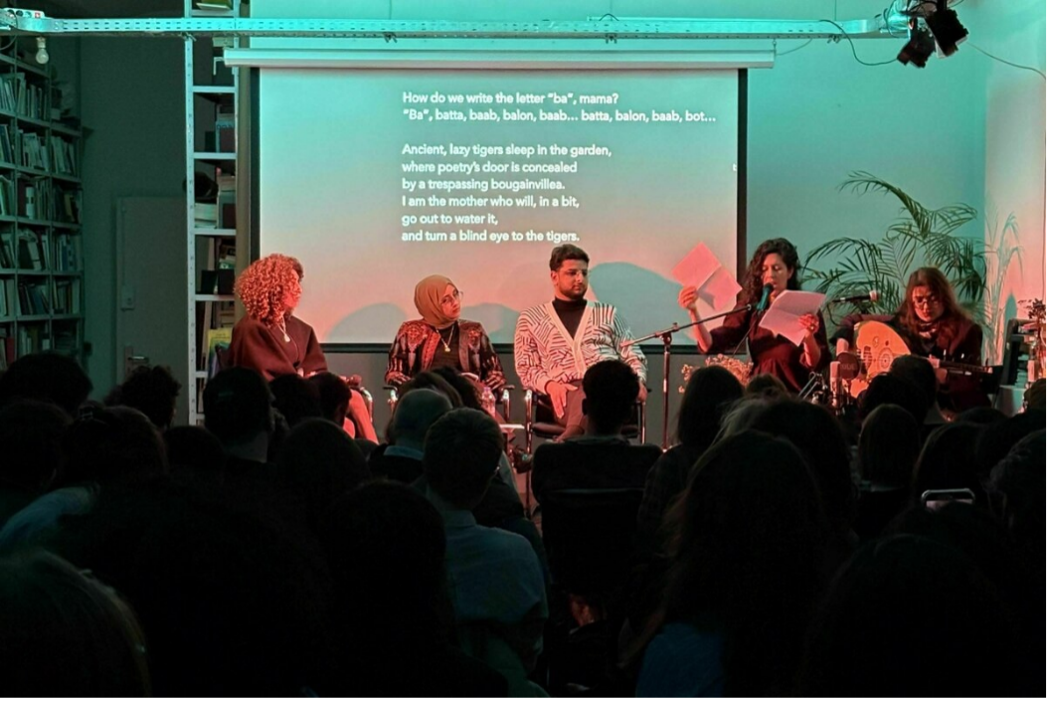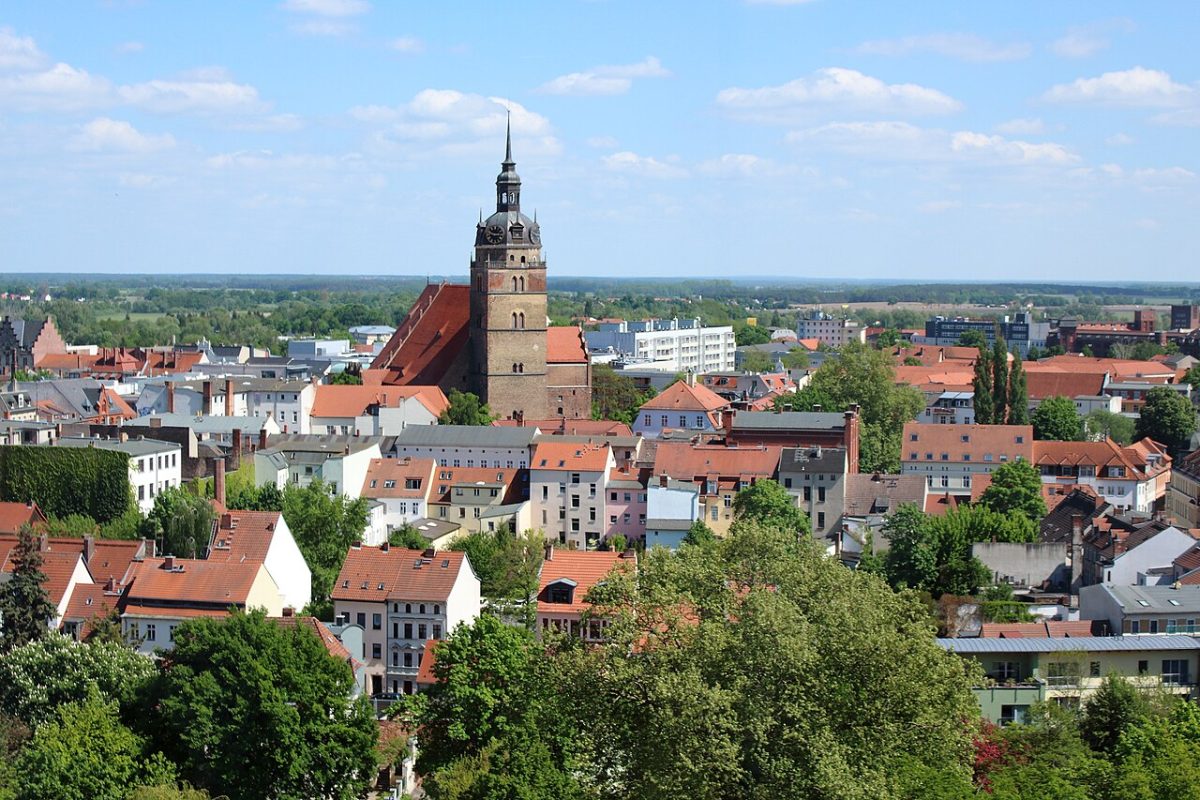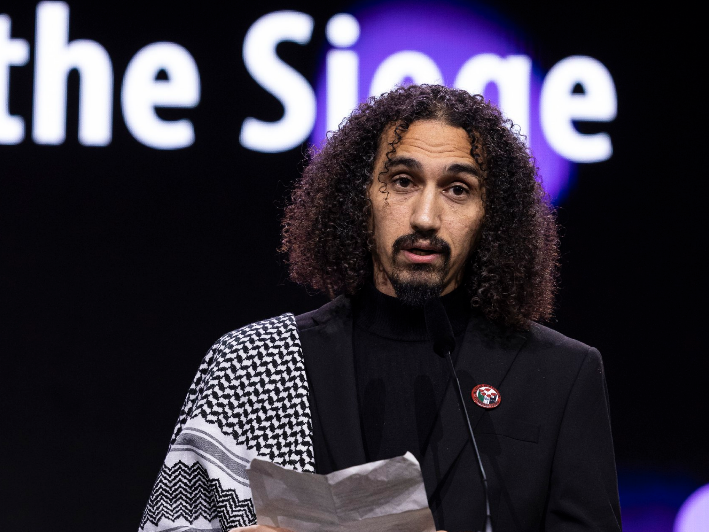NEWS FROM BERLIN
Berlin: public transport on strike this week
For five weeks, ver.di and BVG havebeen negotiating over pay. In the wage dispute with Berlin’s public transport operators, the trade union has called for another warning strike, affirming that the company “has still not understood that the employees will not accept a real wage reduction.” Following this, next Thursday and Friday (February 20-21), Berlin’s public transport system will be on strike. Metro lines, buses and trams will not be running. The strike is to last for around 48 hours from the start of the shift until the early hours of Saturday morning, as announced by the union. Source: rbb
“The strike affects us all”
The union ver.di has called for a strike in Berlin on Thursday and Friday in the wage dispute in the public sector at federal and municipal level. Among those taking part: employees of Berlin’s municipal waste disposal service (BSR), water company (BWB) and swimming pool company (BBB). A demonstration on the issue took place in Berlin-Mitte, where demonstrators marched from Leipziger Straße via Alte Jakobstraße up to Spittelmarkt. However, in response to a suspected attack in Munich, the union called off the demonstration early. Beyond the workers, organization such as “Berlin Stands Together” support the industrial action. Source: berliner Zeitung
NEWS FROM GERMANY
BSW calls for a minute’s silence in the Bundestag for victims of the Gaza war
After the Bundestag honored the many innocent victims of the Hamas attack on Israel in October 2024, Sahra Wagenknecht’s alliance party (BSW) is now proposing to commemorate the tens of thousands of Palestinians killed in the Gaza war. In the related document, the BSW also condemns the US President Donald Trump’s plans to resettle the inhabitants of the Gaza Strip and criticises the fact that the German government “has not imposed an arms freeze on the Israeli government even after Trump’s resettlement plans”. The BSW is once again calling for a halt to armsdeliveries to Israel in view of the announced breaches of international law by Benjamin Netanyahu’s government. Source: spiegel
Transport and public sector strikeshit cities across Germany
A wave of transport and public sector strikes hit Germany last week as ver.di continues pay negotiations on behalf of thousands of workers. There was, for instance, a public transport “warning strike” in Frankfurt on February 12. In Essen and Mülheim an der Ruhr, employees at the Ruhrbahn company also went on strike on the same day. One day later, in Hamburg, travellers were also affected by strikes at the airport. It wasn’t just public transport affected by the industrial action, as employees in several public services, including Kitas, hospitals and rubbish collection, also in multiple federal states. Source: iamexpat
Muslims have little trust in German politics
A recent study by the DeZIM Institute reveals a worrying trend: Muslims’ trust in politics fell drastically between 2022 and 2024. Indeed, only 28% of Muslim women surveyed in 2024 said they had confidence in the German government – a drop of 13% compared to 2022. This loss of trust is not only a political problem, but also an indicator of the growing political alienation of marginalised groups who increasingly no longer feel represented by the government and political institutions. These feelings are particularlyheightened in times of social polarisation, which have been exacerbated by political crises and migration issues. Source: islamiq
Number of right-wing extremist offences rises
The number of right-wing extremist offences registered in Germany rose to a record high in 2024. The total number was at least 41,406 offences, according to the federal government’s response to a question from the Bundestag Vice President Petra Pau (Left Party). The figures are still preliminary and might increase due to late reports. Nancy Faeser (SPD) said in January, when the rise in figures became apparent, that “all the instruments of our constitutional state are being used to protect people in our country.” She considered that the increase also shows there are more investigations being carried out. Source: msn
What’s next for the climate movement in Germany?
Climate protection is hardly an issue before the general election, coming on February 23. The mood currently prevailing in Germany is very different from the optimistic momentum that Pit Terjung, a spokesperson of the environmental group “Fridays for Future”, experienced during the mass demonstrations in 2019. Back then, an estimated 1.4 million people took to the streets for more climate protection. In contrast to the 2021 federal election, where the issue was at the top of the agenda, climate protection is being overshadowed in the current election campaign by heated debates about immigration, a weakening economy and the rise of the far right. Source: dw
Federal Public Prosecutor Generaltakes over investigation
Following the attack in Munich, where a 24-year-old had driven into a group of demonstrators from the ver.di trade union last Thursday leaving two dead and more than thirty injured, the Federal Public Prosecutor General has taken over the investigation. The Federal Public Prosecutor General is the supreme federal prosecution authority. The investigators have evidence that the man had an Islamist motive. He remains in incustody. So far, there is no proof that the man was part of a network. The investigators also have no leads to connections to the terrorist organisations such as Islamic State (IS) nor to any other people involved. Source: tagesschau
Does Germany have to choose between climate and economy?
Jobs, income and Germany’s weakening economy are important topics in the election campaign for the early federal elections in February – and some of the parties’ promises are at the expense ofclimate protection. Economic issues seem to be taking precedence over climate ones, even though, according to the Climate Alliance Germany, the majority of the population do not want this. Climate protection measures are nevertheless not responsible for this recession, says Gunnar Luderer, energy expert at the Potsdam Institute for Climate Impact Research., adding “The problems of the German economy are of a structural nature and they run deeper.” Source: dw



